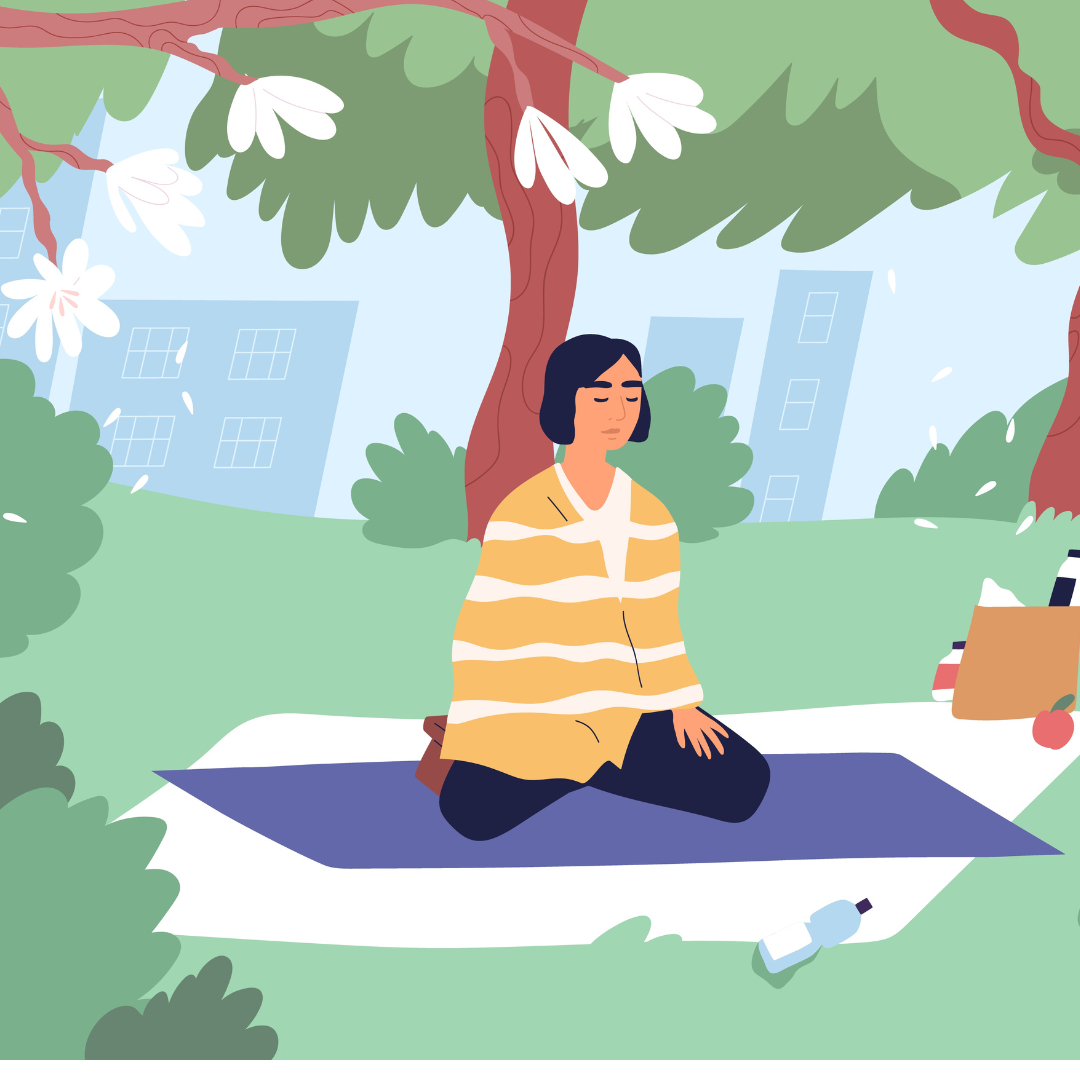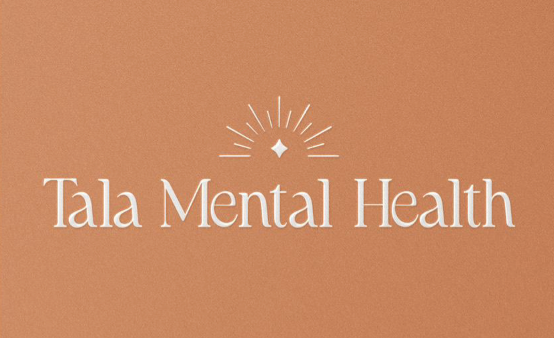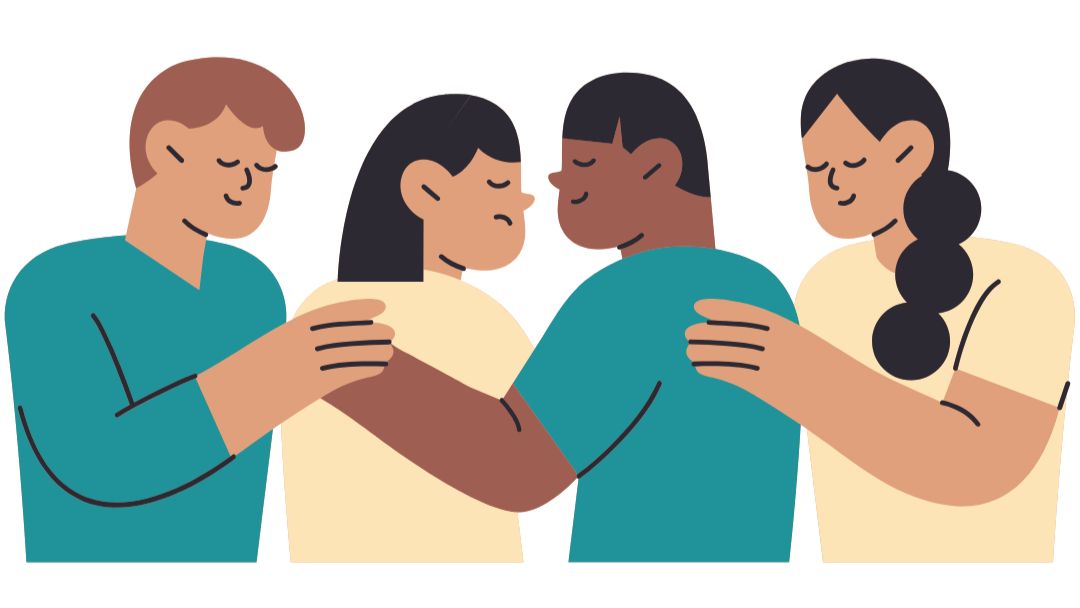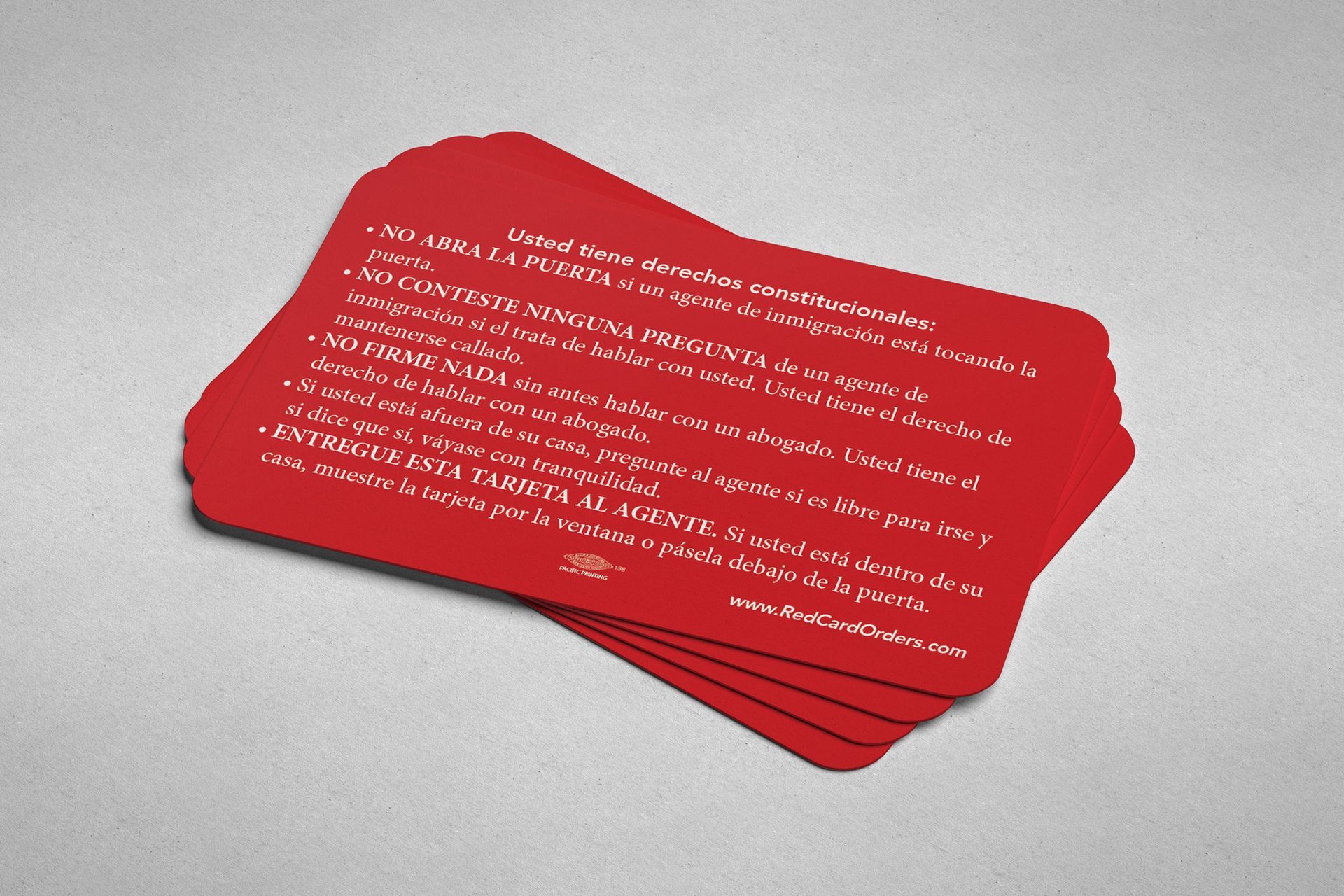The 4 S’s: Silence, Solitude, Slowing down and Stillness

In today’s world of instant communication, online calendars and virtual meetings, goal tracking apps and more… It can be easy to feel like you’re always “catching up,” aiming to be productive in a losing race.
By operating in this rigid way, we run the risk of burnout.
While important to fulfill our many duties, we must first honor the duty we have to ourselves– to prioritize and maintain our well-being through acts of self-preservation. How do we practice self-preservation? We can do so by practicing the 4 S’s: Silence, Solitude, Slowing down and Stillness
Consider implementing the 4 S’s in these important rituals for self-preservation:
- Something to help me wake up (ie. mindful tea-drinking)
- Something for the body (ie. taking a leisurely walk, stretch)
- Something for the heart (ie. reading, journaling)
- Something for the spirit (ie. meditation, prayer)
- Something to help me wind down (ie. calming music, a warm bath/shower)
Instead of “pushing through” the hard or ignoring our body’s cues, develop an awareness for your wellbeing. Check your meter. Check for false urgencies. Can you make time and space for silence, solitude, slowing down or stillness today?
Written by: Elaine Raif



COMPANY
SERVICES
CONTACT
All Rights Reserved | Rose Junie Therapy
Designed by Vantix Digital
